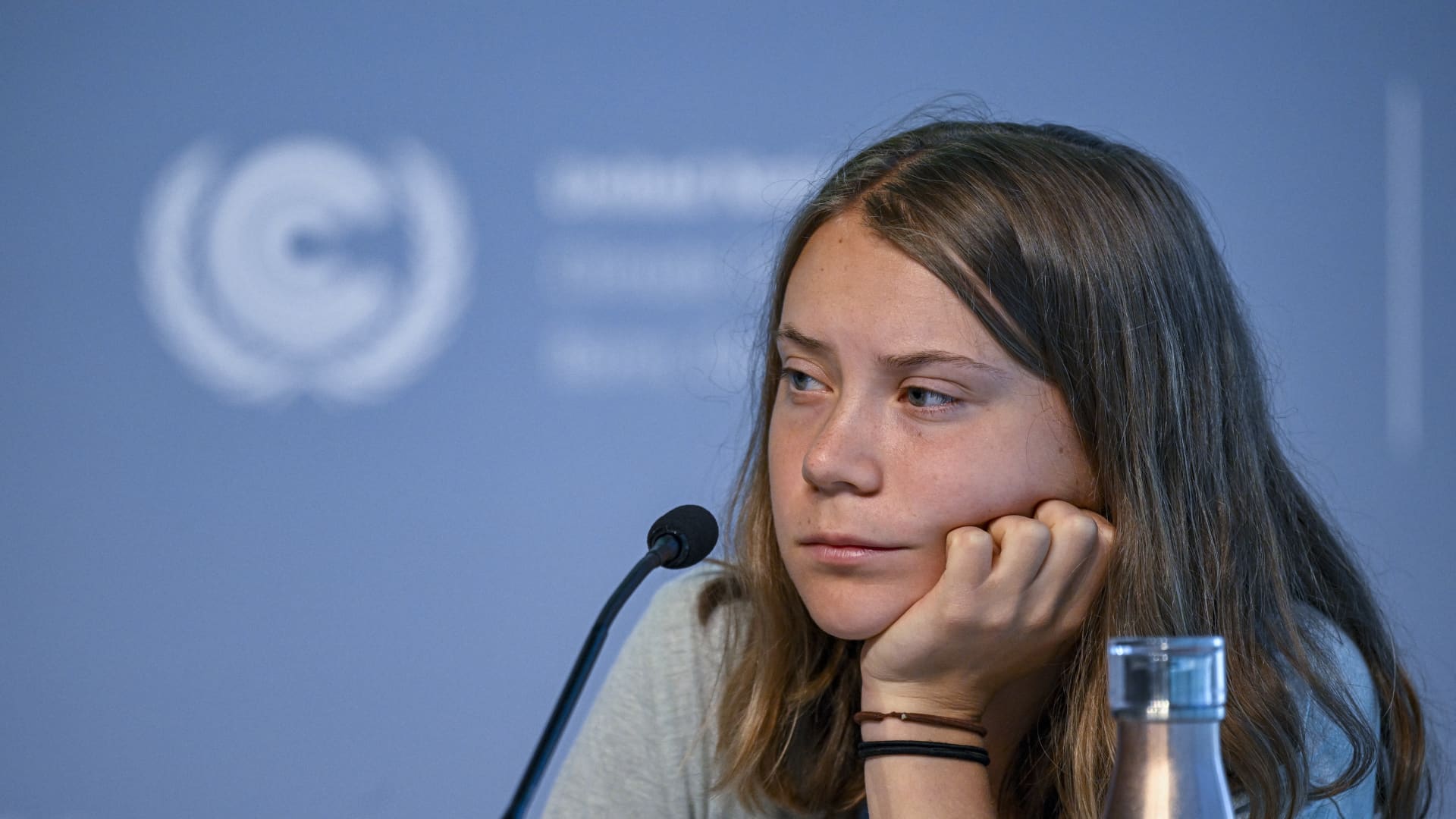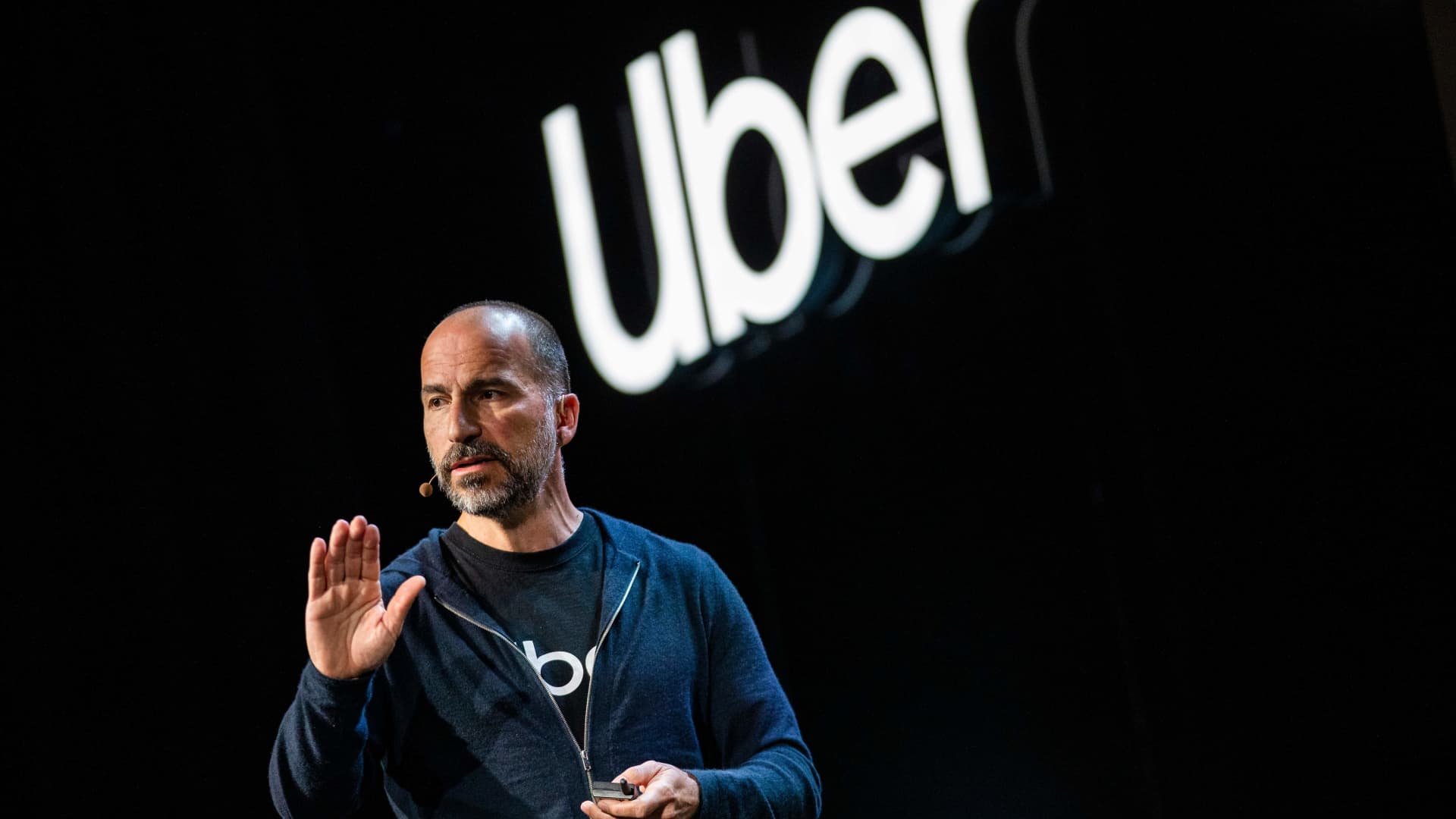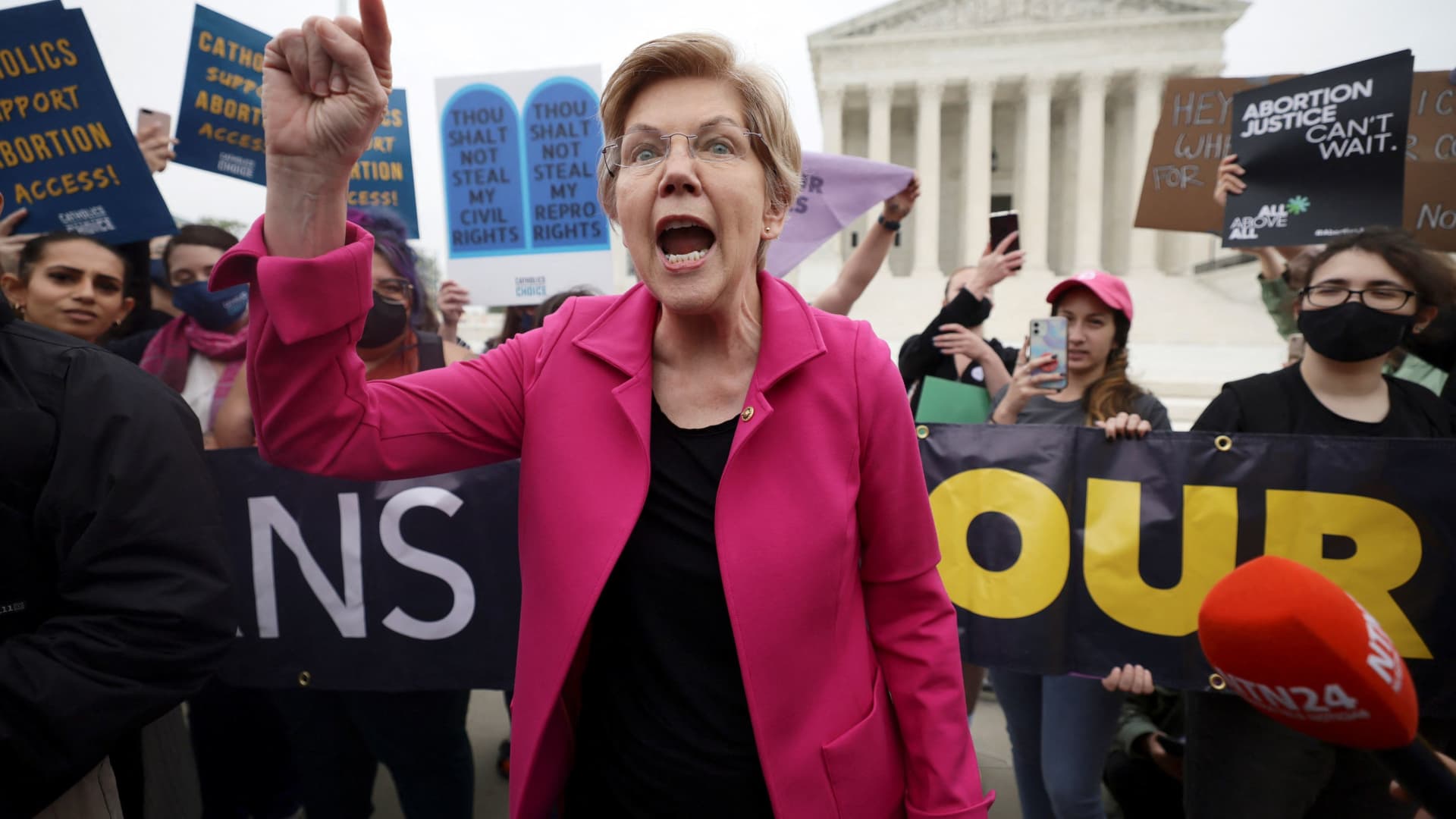Cash and carbon cuts stall UN climate talks — setting the stage for a 'huge fight' at COP28
Negotiators departed the United Nations campus in Bonn, Germany this week with a palpable sense of frustration.

Simon Stiell, Executive Secretary of the United Nations Framework Convention on Climate Change (UNFCCC) looks on during the opening session at the UNFCCC SB58 Bonn Climate Change Conference on June 05, 2023 in Bonn, Germany.
Andreas Rentz | Getty Images News | Getty Images
Negotiators departed the United Nations campus in Bonn, Germany this week with a palpable sense of frustration over key decarbonization issues, such as climate finance and the pace of carbon pollution cuts.
The Bonn Climate Change Conference, which wrapped late Thursday, is designed to prepare decisions for adoption at the COP28 summit in the United Arab Emirates later this year. It is widely regarded as a mid-way check on how talks are progressing ahead of the world's biggest annual international climate conference.
For many at the two-week-long event, the lack of progress on issues such as climate finance and the pace of cuts in carbon pollution left a lot to be desired.
"Progress was underwhelming on nearly every front, with one main culprit: money," said David Waskow, international climate director at World Resources Institute, a global non-profit organization.
"Discussions on the first-ever Global Stocktake became gridlocked over how to incorporate finance and support," Waskow said. "This adds another obstacle to leveraging the Global Stocktake to mobilize transformational actions out of COP28 to curb emissions, boost resilience and deliver more finance."
The UAE, the third-largest oil-producing member of the Organization of the Petroleum Exporting Countries, will host the COP28 summit from Nov. 30 to Dec. 12.
Viewed as one of the most significant climate conferences since the landmark Paris Agreement, the Dubai summit will see the U.N. publish a global stocktake on tackling the climate emergency — the first since the Paris accord in 2015.
In Bonn, however, low-income countries were left deeply frustrated that funds pledged to them to implement their climate plans had not yet materialized.
WRI's Waskow said that, while the thorny issue of climate finance was not on the official agenda, "it clearly cast a shadow over the negotiations."
Swedish climate activist Greta Thunberg takes part in a press conference at the UNFCCC SB58 Bonn Climate Change Conference on June 13, 2023 in Bonn, Germany.
Sascha Schuermann | Getty Images News | Getty Images
"The Bonn Climate Conference laid bare the glaring hypocrisy of wealthy nations, showcasing a remarkable indifference to the struggles of developing countries," said Harjeet Singh, head of global political strategy at Climate Action Network, which includes more than 1,500 civil society groups.
"Let's be clear: without honouring their financial pledges—directly tied to their historical role in driving the climate crisis—these affluent nations lack the moral authority to exert pressure on poorer countries," Singh said on Twitter on Thursday.
Global stocktake
To some, the very battle to agree on a formal agenda for the Bonn talks encapsulated the struggle, with a compromise only secured the day before the meeting officially closed.
U.N. Climate Change Executive Secretary Simon Stiell nevertheless struck an optimistic tone about the potential for progress in the coming months.
"Having taken nearly two weeks to agree an agenda, it is easy to believe we are far apart on many issues, but from what I have seen and heard, there are bridges that can be built to realize the common ground we know exists," Stiell said Thursday.
"World-changing agreements happen when negotiators rise to the occasion, reach out and find compromises, then manage to convince their capitals of the merit and necessity of those compromises."
Protesters demonstrating over climate justice, loss and damage, fossil fuels, human rights, exploitation by rich countries of poor countries and other climate related issues during the UNFCCC SB58 Bonn Climate Change Conference on June 13, 2023 in Bonn, Germany.
Sascha Schuermann | Getty Images News | Getty Images
Singling out the global stocktake, Stiell said this procedure represents "a moment to course correct to get the world on track to limiting the temperature rise in line with the Paris Agreement."
The Paris Agreement aims to limit global heating to 1.5 degrees Celsius above pre-industrial levels. Beyond this critical temperature threshold, it becomes more likely that small changes can trigger dramatic shifts in Earth's entire life support system.
'Big polluters must be delighted'
"It is of grave concern that while rich countries have blocked discussions on climate finance and equity at every turn during these talks, carbon markets are quietly progressing. Big polluters must be delighted," said Sara Shaw, climate justice & energy coordinator at Friends of the Earth International, an environmental group.
Work continued at Bonn to cement a global carbon market — where carbon credits are traded — under Article 6 of the Paris Agreement. Companies tend to use these markets to compensate for their greenhouse gas emissions.
In Shaw's view, carbon markets serve as a "dangerous distraction" from meaningful climate action and undermine both an urgent transition away from fossil fuels and additional finance owed to low-income countries.
The U.N. has long been criticized for the involvement of fossil fuel delegates and lobbyists at its annual climate conference. The burning of fossil fuels, such as coal, oil and gas, is the chief driver of the climate emergency.
Looking ahead to COP28, Shaw said the conference was set to be a "huge fight" between high-income and low-income nations.
"Developing countries are fighting for the climate finance that is not only their due, but which is required to ensure a just transition to a new renewable energy system for all," she added.

 ShanonG
ShanonG 























.jpg)








